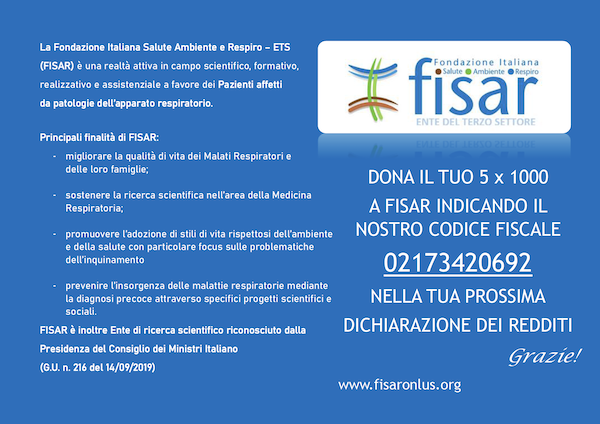Treating severe allergic asthma with anti-IgE monoclonal antibody (omalizumab): a review
Keywords:
Allergic asthma, Allergic respiratory diseases, Anti-IgE therapy, Monoclonal anti-IgE antibody, Omalizumab, Therapy of asthma, UrticariaAbstract
Increased asthma severity is not only associated with enhanced recurrent hospitalization and mortality but also with higher social costs.
Several cases of asthma are atopic in nature, with the trigger for acute asthma attacks and chronic worsening of inflammation being allergens inducing an immune, IgE mediated response.
Anti-inflammatory treatments are effective for most of asthma patients, but there are subjects whose disease is incompletely controlled by inhaled or systemic corticosteroids and these patients account for about 50% of the healthcare costs of asthma.
Omalizumab is a biological engineered, humanized recombinant monoclonal anti-IgE antibody developed for the treatment of allergic diseases and with clear efficacy in adolescent and adult patients with severe allergic asthma. The anti-IgE antibody inhibits IgE functions blocking free serum IgE and inhibiting their binding to cellular receptors. By reducing serum IgE levels and IgE receptor expression on inflammatory cells in the context of allergic cascade, omalizumab has demonstrated to be a very useful treatment of atopic asthma, improving quality of life of patients with severe persistent allergic asthma that is inadequately controlled by currently available asthma medications. Several trials have demonstrated that this therapy is well tolerated and significantly improves symptoms and disease control, reducing asthma exacerbations and the need to use high dosage of inhaled corticosteroids.
Published
Issue
Section
License
Mattioli 1885 has chosen to apply the Creative Commons Attribution NonCommercial 4.0 International License (CC BY-NC 4.0) to all manuscripts to be published.






